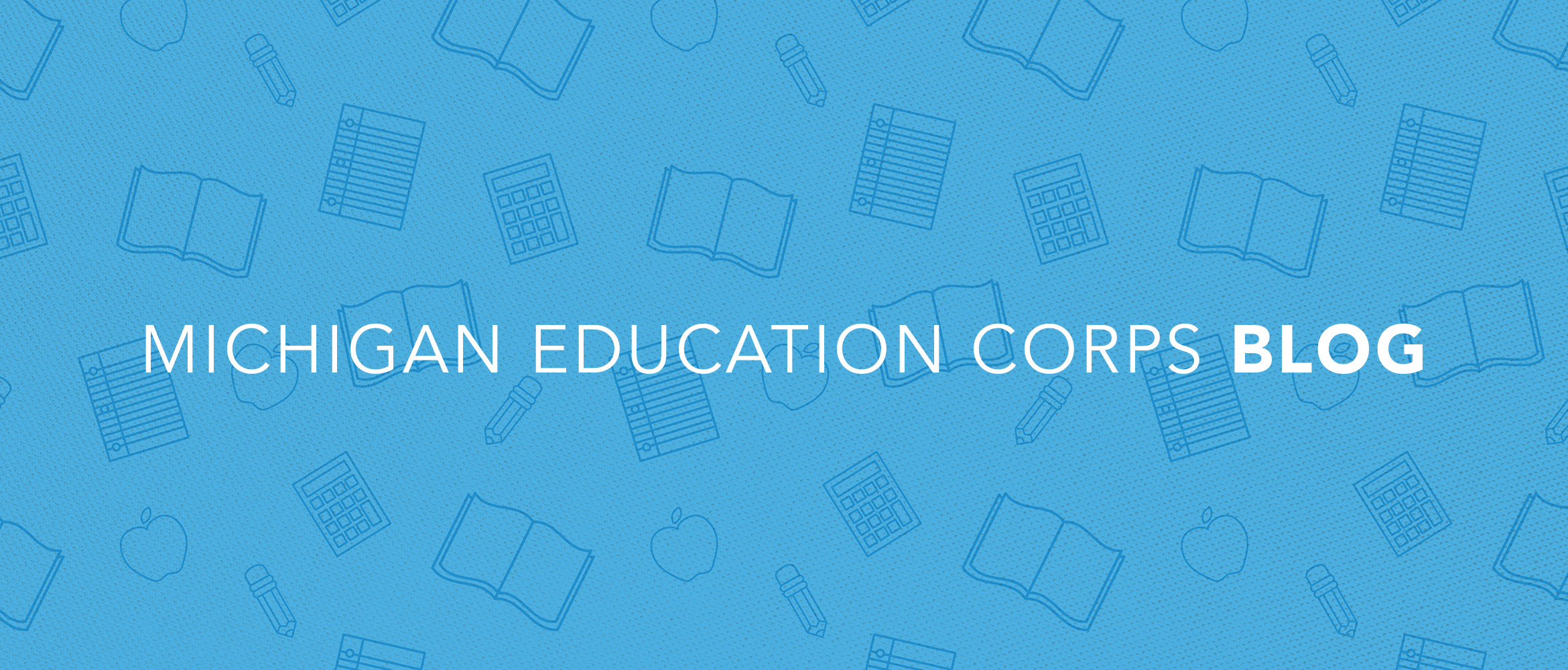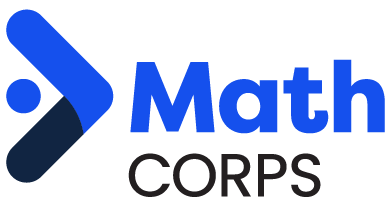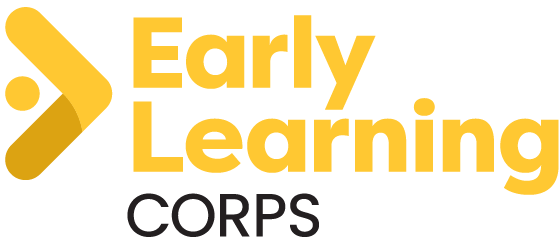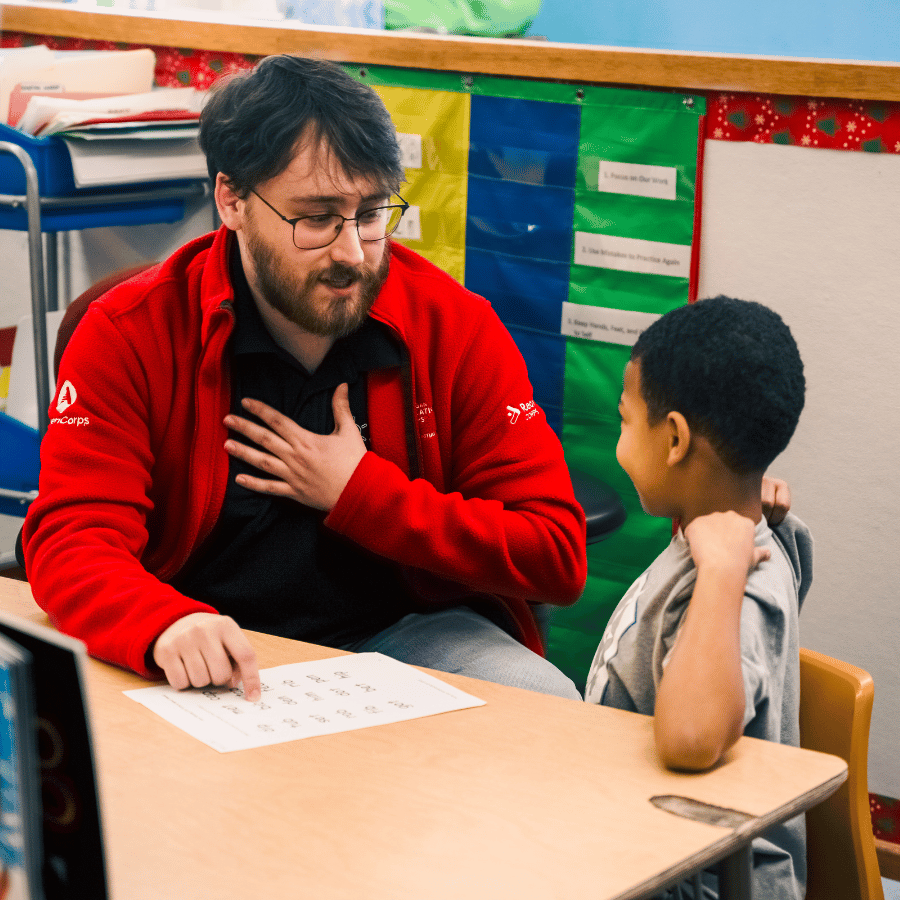
Not All Tutoring is Equal: Insights from Dr. Holly Windram, Executive Director of Michigan Education Corps and one of the authors of the “MI Kids Back on Track” legislation (23g) | Guest Editorial published with Bridge Michigan — April 26, 2024
Not All Tutoring is Equal
Holly Windram, Ph.D., Executive Director of Michigan Education Corps Original guest editorial published with Bridge Michigan, April 26, 2024
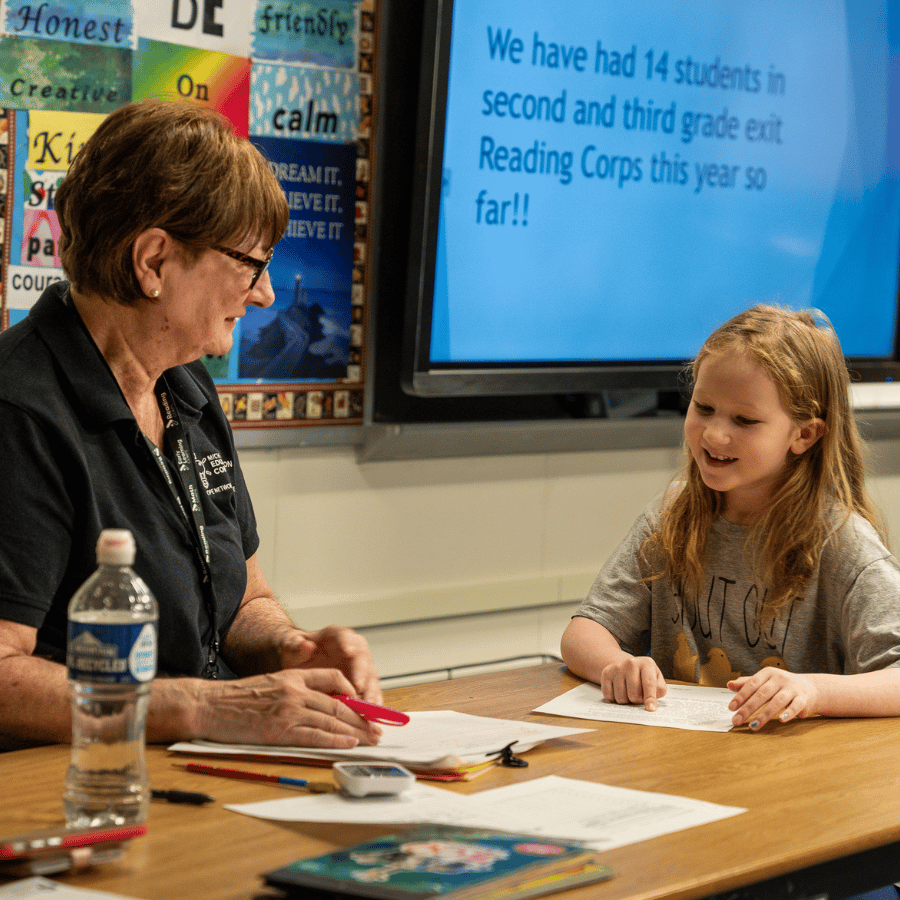
Ample research underscores the effectiveness of high-impact tutoring in addressing achievement gaps for students lagging in reading and math skills.
Even The White House identified high-impact tutoring as one of three evidence-based strategies it endorses for broader adoption by schools and districts.
Michigan’s Educational Landscape
The need for effective tutoring interventions is dire in Michigan, as highlighted by the 2023 M-STEP results.
56.1% of third through seventh-grade students are not proficient in reading, and 65% are not proficient in math.
Fortunately, recent legislation has been passed that awards funding to schools that will partner with a tutoring vendor, marking a significant milestone in Michigan education.
Unfortunately, schools and districts implement what they believe or label “high-impact tutoring” when their practice does not meet the definition.
Distinguishing High-Impact Tutoring
High-impact tutoring adheres to specific implementation features and practices supported by experimental research and peer-reviewed publications.
These include:
Small group settings (typically fewer than four students)
High-dosage sessions (min. 3x week; each session a minimum of 30 min)
Tutoring during regular school hours
Consistent tutor with specialized training and ongoing coaching
Individualized, data-driven instruction tailored to each student’s learning needs
Regular progress monitoring and data review to inform instruction
Ongoing evaluation of tutoring fidelity through direct observation and feedback (Fidelity: the extent to which a program is implemented as intended, following its prescribed guidelines and procedures.)

Since 2012, MEC AmeriCorps members have delivered high-impact intervention to over 24,000 Michigan students directly at the school.
The Crucial Role of MI Kids Back on Track Legislation
MI Kids Back on Track legislation was crafted to ensure that tutoring interventions meet evidence-based and high-impact standards. These funds and ARP dollars provide crucial support for implementing effective tutoring programs statewide.
Along with funding support, it includes an evaluation component to gauge its impact statewide.
Why is this evaluation component so important? Because proven models of high-impact tutoring will become diluted unless there’s intentional leadership and data to show that proven high-impact tutoring was implemented consistently with all research-based features.
Lessening the burden on schools to implement high-impact tutoring is critical to ensuring longevity and results. Hope Network’s Michigan Education Corps (MEC) programs were created by educators, for educators long before researchers and state leaders began asking why these programs were so effective.
They reach across all demographics, are low-cost, and they work.
Specifically, in the past 12 years, MEC has delivered high-impact tutoring to over 22,225 students across 649 schools with an overall program fidelity of 97%.
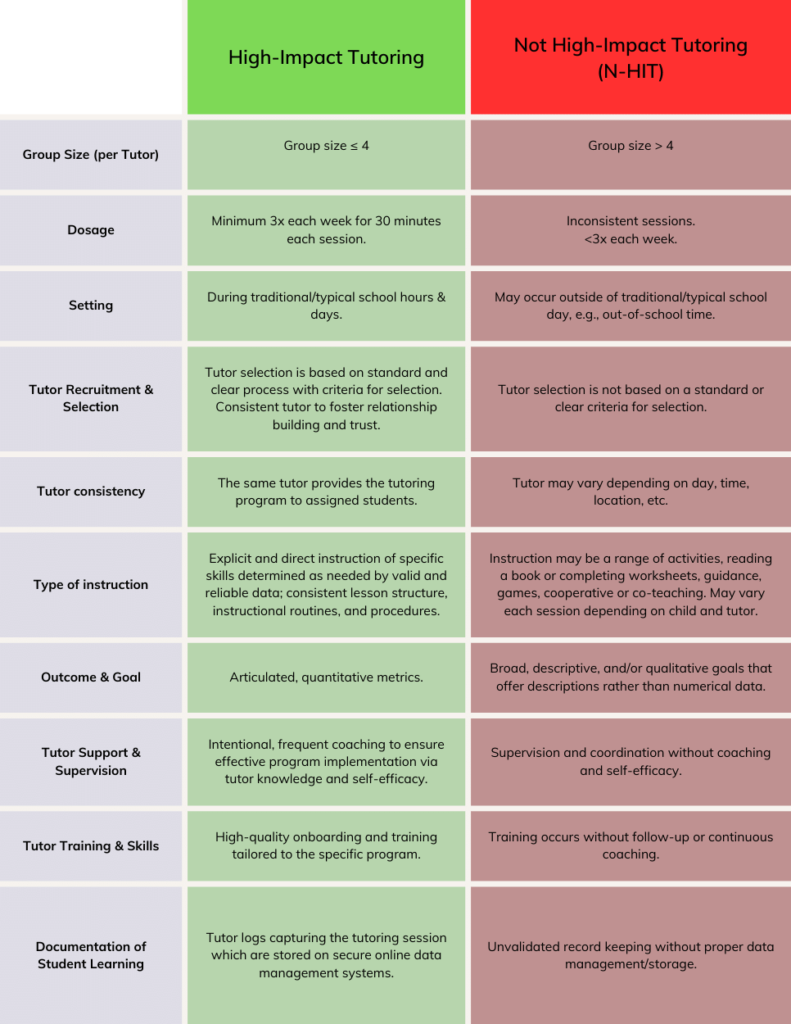
High-Impact Tutoring vs. Not High-Impact Tutoring
Ensuring Long-Term Impact
To close achievement gaps effectively, selecting tutoring programs with proven efficacy is imperative. This requires rigorous evaluation and a commitment to data-driven decision-making.
While any tutoring is beneficial, there is a difference, and Michigan’s students rely on us to make informed, impactful decisions.
There is a clear and distinct difference, and I encourage you to follow the data.
Read the original guest editorial here: Bridge Michigan

Executive Director Holly Windram addressed the press during a visit to Lansing Public Schools in January 2024, discussing MEC’s long-standing relationship with the school and the impact of AmeriCorps members.
Holly Windram, Ph.D., is the Executive Director of Hope Network’s Michigan Education Corps (MEC). With over 20 years of experience in education, she has held various roles, including School Psychologist, Asst. Special Education Director, and Special Education Director. Holly has authored educational publications and served on committees and boards, contributing to the field of education.
